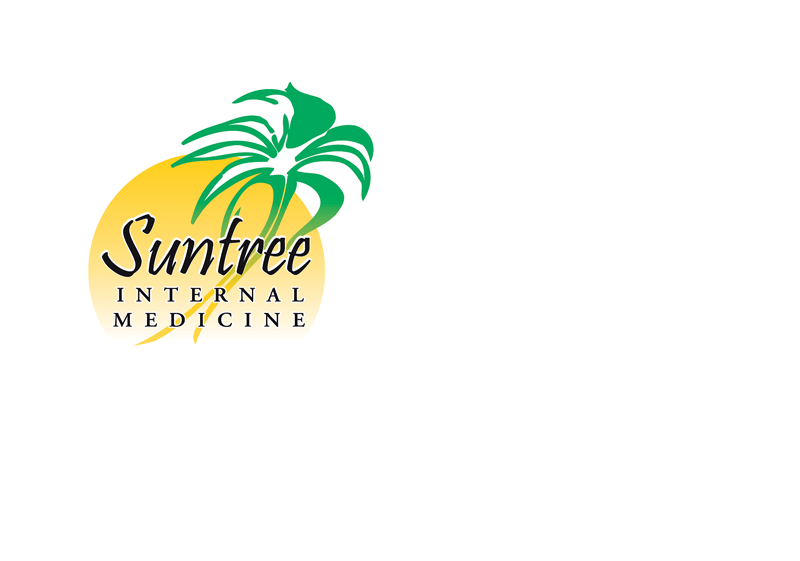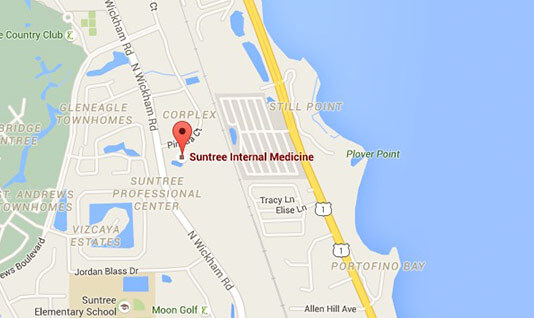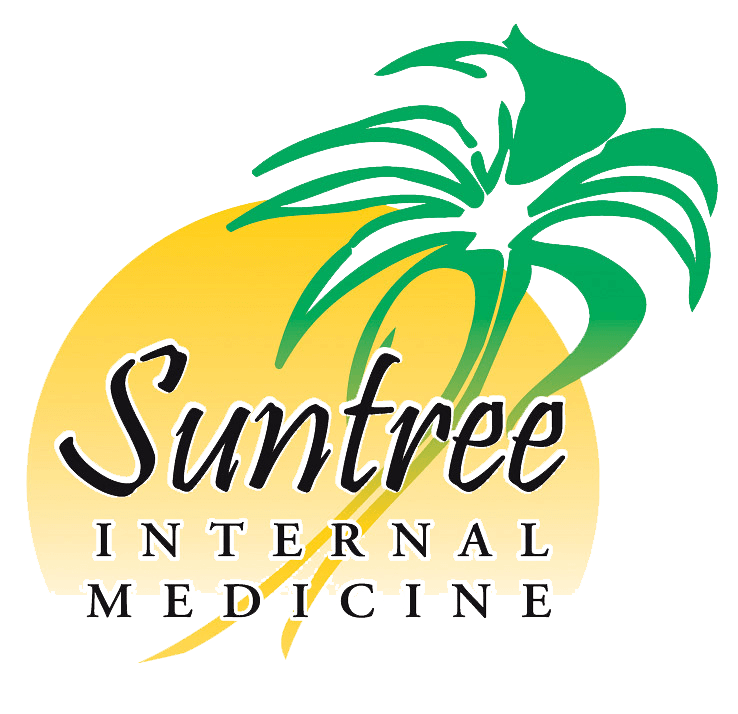Breast Cancer Awareness Month is Here. Have you been tested?
Posted on: October 12, 2017

At Suntree Internal Medicine we feel it is important to keep our patients and the community updated and aware of potential health issues. Breast Cancer Awareness is October 1st – October 31st. To do our part in raising awareness we want to share some valuable information regarding the importance of breast cancer screenings. In the United States 1 out of 8 women will receive a breast cancer diagnosis. Although breast cancer cannot be prevented, it can be treated. Early detection is important but it is not a cure. Early detection allows doctors to treat the cancer at its earliest stages when you have the best chances of success. Since there are several types of breast cancer, treatment and success rates will vary.
You may be wondering, "When do I need to have a breast exam?" This can be confusing because normally we only schedule appointments with our doctor when we aren't feeling well. But according to the American Cancer Society, many women with breast cancer have NO SYMPTOMS. So, it can be difficult for women to know when they should see a doctor for a breast cancer screening. Though there are often no symptoms there are certain changes in your breast that are reason to consult your doctor.
See your doctor if you notice any of these changes in your breast:
- Bump or lump in your breast or under arm area
- Swollen breast that may feel warm or appear red or dark
- Change in the shape or size of the breast
- Puckering or dimpling of the skin of your breast
- Rash or scaly sore on the nipple with or without itching
- Pulling in of the nipple
- Sudden discharge from nipple
- New pain is located in one spot that doesn't go away
Symptoms are only one thing to consider when deciding if it's time to schedule your breast screening. There are also many factors which indicate that you may be at an increased risk for breast cancer.
Factors that may increase your risk for breast cancer:
- Genetic Alterations: Inherited changes to certain genes, such as BRCA1 and BRCA2.
- Family History of breast cancer: A sibling or parent diagnosed at a younger age.
- Alcohol: Drinking 2-3 alcoholic drinks per day.
- Breast Density: A greater amount of glandular and fibrous tissue rather than fatty tissue.
- Hormone Replacement Therapy: A common treatment for menopause.
- Gender: Women vs. men are more likely to develop breast cancer.
- Age: Older women are at higher risk of developing breast cancer.
- Body Weight/Weight Gain: Gaining weight in adulthood may increase your risk of breast cancer.
The American Cancer Society recommends that all women should start having yearly mammograms by age 45 if they do not have any symptoms or additional risk factors. By age 55 mammograms can be done every other year. It is also recommended that women have clinical breast exams every 3 years beginning at age 20 followed by every year at age 40.
If you have any symptoms, schedule a visit with your doctor as soon as possible to discuss your options. Not all symptoms end with a cancer diagnosis. Suntree Internal Medicine will schedule your appointment. Your doctor will go over your medical history and discuss any factors or symptoms you may have to help you determine when a breast screening is best for you. We also suggest some lifestyle changes that may help reduce your chances of developing certain types of breast cancer.
Suggested Lifestyle changes:
- Limit Alcohol
- Stop Hormone Replacement Therapy (Consult your doctor first.)
- Regular Exercise
- Maintain a Healthy Weight
If you'd like help making these changes give us a call. Our doctors and medical staff at Suntree Internal Medicine will help you set up a plan for successfully making these changes in your life.




